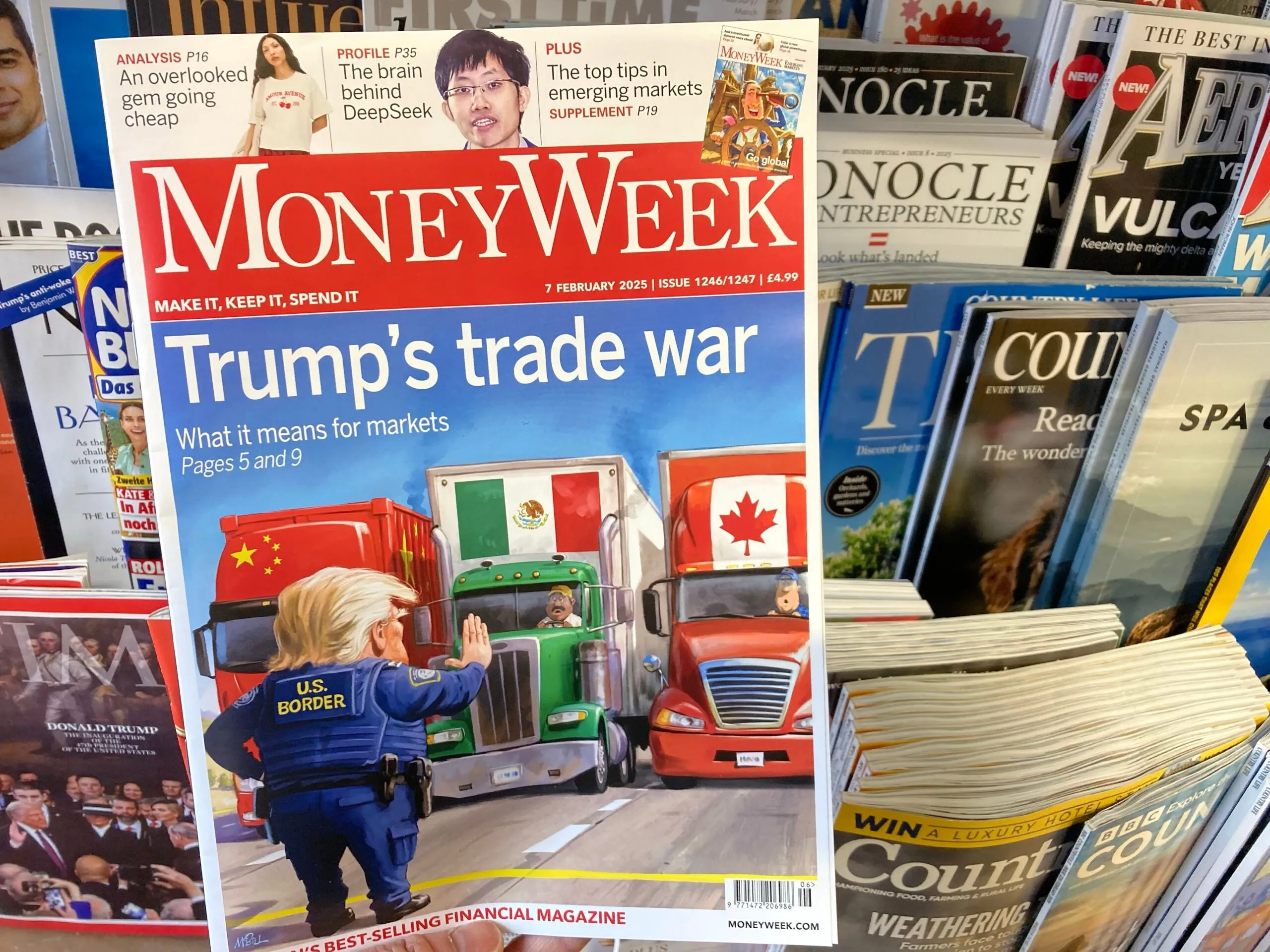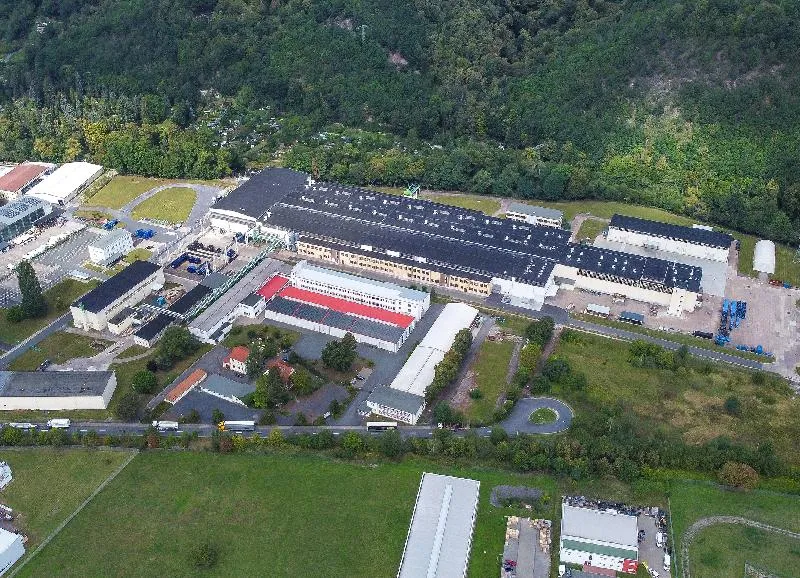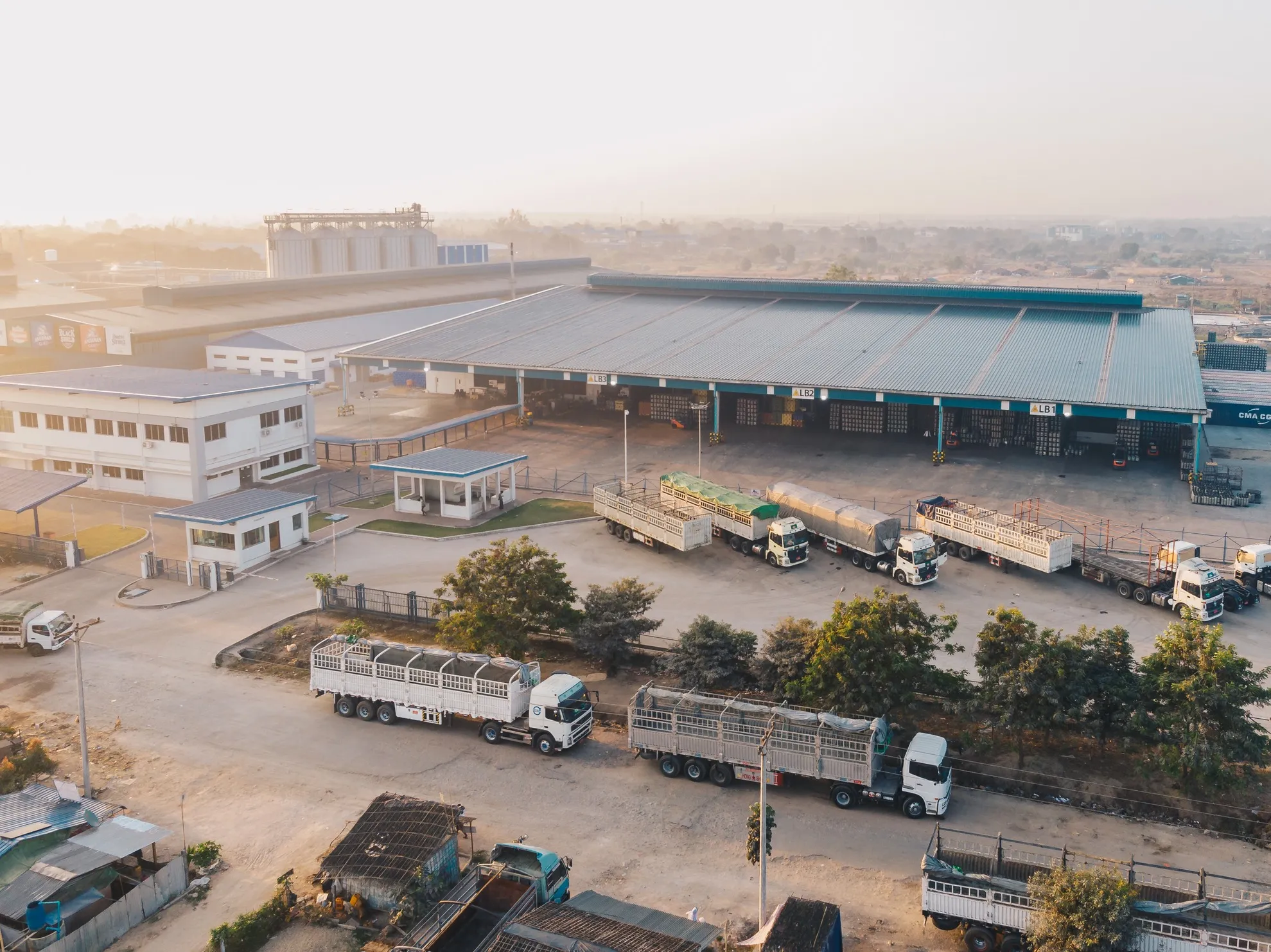Reciprocal tariffs announced by the US Government effective April 9 on just about every country in the world (except Russia) have sparked panic around the globe including fears of inflation and a recession, but once we get past all the hype, what impact are these tariffs likely to have on Malaysia in general, on Malaysian industry and on the tyre industry in particular?
A New Reality Takes Shape
The first point to make is that, although the US is Malaysia’s third largest trading partner after Singapore and China, the bulk of this is made up of electrical and electronic goods with semiconductors making up the largest share. At the moment, semiconductors are exempted from Trump’s tariffs, although US officials have said that measures on semiconductors will also eventually come.
Next, Malaysia has attracted a 24% tariff, but this is significantly less than many other Asian countries. Thailand is 36%, Vietnam 46%, Cambodia 49%, China 34%, Laos 48%, Indonesia 32%, India 26% making Malaysia relatively competitive against its regional rivals.
A key effect of tariffs tends to be tariff arbitrage as production moved to countries with lower tariffs. We have seen this in the tyre sector with Chinese tyremakers moving production to other South-East Asian countries. This may happen with Trump’s new tariffs, in which case Malaysia is better placed than most in South-East Asia but may still be vulnerable to 10% tariff locations such as Brazil.
Some analysts think there may well be some benefits to be had within Asia. Speaking to The Edge Malaysia, Victor Chua, founder and managing partner of Vynn Capital pointed out that Malaysia had seen significant growth as a regional tech hub and may attract investments from North Asia.
“To a certain extent, this new tariff environment could encourage further integration across Asia, making Malaysia an even more attractive destination for foreign direct investments (FDIs) from the region,” he was quoted as saying.
The biggest fear in the US with regards to the tariffs is that they will impose higher prices on US consumers, increasing inflation, depressing demand for goods, and courting the risk of a recession. A retaliation across the globe has to potential to replicate this globally. However, Malaysian government has said it will not retaliate and cause inflationary pressures.
The Illogicality of Tariffs
One aspect of the new tariff regime which is being criticised as being illogical is the fact that the tariffs often affect goods and components, which cannot be sourced from within the US. Take the natural rubber sector for example. Any Western country producing tyres containing natural rubber – i.e. the truck tyre sector, will need to import from one of the world’s top rubber growing nations. However, Thailand, Indonesia, and Vietnam are the world’s top three natural rubber growing countries, producing 4.8, 3.1 and 1.3 million tonnes respectively. Malaysia is positioned only ninth at 377,000 tonnes. Considering that all the top three and most of the remaining top eight producers are having higher tariffs imposed upon them, the impact on Malaysia might actually be beneficial in a competitive environment. At the same time, any US manufacturers of any goods using natural rubber will be paying tariffs on their raw materials, whilst producers from elsewhere in the world, will not.
The export of rubbers is Malaysia’s fourth largest export sector. Malaysian companies export rubber used for clothing, surgical gloves, rubber tubes and pipes, in addition to other applications. Estimated export value in 2024 was US$1.6 billion (around RM7.6 billion).
Impact on Malaysian Industry
In terms of direct impact on Malaysian Industry, the Malaysian International Chamber of Commerce and Industry (MICCI) claimed the tariffs could result in up to 50,000 job losses in Malaysia. Its president Christina Tee said the key risk sectors include electronics, gloves, and automotive parts, particularly impacting small and medium enterprises (SMEs).
Speaking to the New Straits Times, she said; “This is one of the most consequential trade developments in recent years. The 24 per cent tariffs will have far-reaching implications beyond the electronics manufacturing services (EMS) sector, affecting palm oil, medical devices, automotive parts, textiles and more.”
Meanwhile, Soh Thian Lai, president of the Federation of Malaysian Manufacturers (FMM), was quoted as saying that the tariff decision “is especially troubling given Malaysia’s strong trade relationship with the US and our long-standing commitment to open and fair trade.” The planned expansion of SST in May and an increase in electricity tariffs in July will impact costs for the manufacturing sector, whilst Malaysian exporters with business in the US may well experience pressure from US clients to reduce prices, he added.
The Malaysian glove manufacturing sector will naturally be affected. However, prior to the tariffs being announced it was revealed that a tariff in the region of 25% would still allow Malaysian gloves to be $3-4 cheaper than Chinese products.
Impact on the Tyre Sector
Seven out of the 10 biggest exporters of passenger tyres to the U.S. in 2024 – Thailand, Indonesia, Vietnam, South Korea, Japan, Cambodia and Malaysia – will be subject to reciprocal tariffs, according to information published in the Federal Register.
Thailand was the biggest exporter of passenger tyres to the U.S. last year, shipping an estimated 35.3 million units, a year-on-year increase of 16.4%, according to Modern Tire Dealer. Malaysia, at four million units, was in 10th position. Thailand at 6.6 million units was also the largest exporter of truck tyres to the US. China, at one million units was only in fifth position.
It’s difficult to predict the impact of the Trump tariffs levied on Canada, Mexico and China, according to the Tire Industry Association (TIA). Speaking to Modern Tire Dealer, Roy Littlefield IV, TIA’s Vice President of Government Affairs said TIA “cannot provide detailed comments on the current tariff situation, as it remains fluid and uncertain. Tariffs are being used as a negotiating tactic, as seen with the recent delays involving Mexico, making it difficult to predict their impact or timing,” he said.
There is also the issue of an across-the-board tariff on automotive components including tyres to consider, due to be implemented from 3 May. Trump argued that the move will strengthen U.S. manufacturing and employment, but tyre companies and analysts have warned of far-reaching consequences, including higher prices of imported tyres, but also supply chain disruption for local producers, who may need to review their sourcing strategies. Despite this, it is no surprise to see that Goodyear’s share price rose significantly, when the tariffs were announced, whilst Pirelli announced it would be ramping up investment in its US production facility.
There is a precedent here too. In 2009 Barack Obama’s 35% tariff on Chinese tyre imports did result in an initial fall in Chinese tyre imports and an increase in US tyre production, but this was only a temporary effect, with imports from other countries surging as production was shifted to other low cost countries, a continued fall in US production and higher tyre prices resulting in job losses across related retail and service sectors. Once the tariffs expired, Chinese tyre imports quickly resumed.
A New Reality
So, given all the above information, how must we conclude the potential impact? The truth is, if you drop a large boulder into a pond, you first produce a tidal wave, but then you see smaller and smaller ripples until equilibrium is eventually restored. Experience of the previous imposition of tariffs, suggest that the same will eventually happen again. Governments around the world are already working overtime to mitigate the effects of this change in the world order, and on the face of it, Malaysia has come out of this better than many. That, of course, will be no comfort to anyone who goes out of business because of this seismic change in global trade relations. Malaysian industry has enough technical strength and regional focus to survive this and come out of it stronger, but there is no doubt, this year the world is waking up to a new reality.







